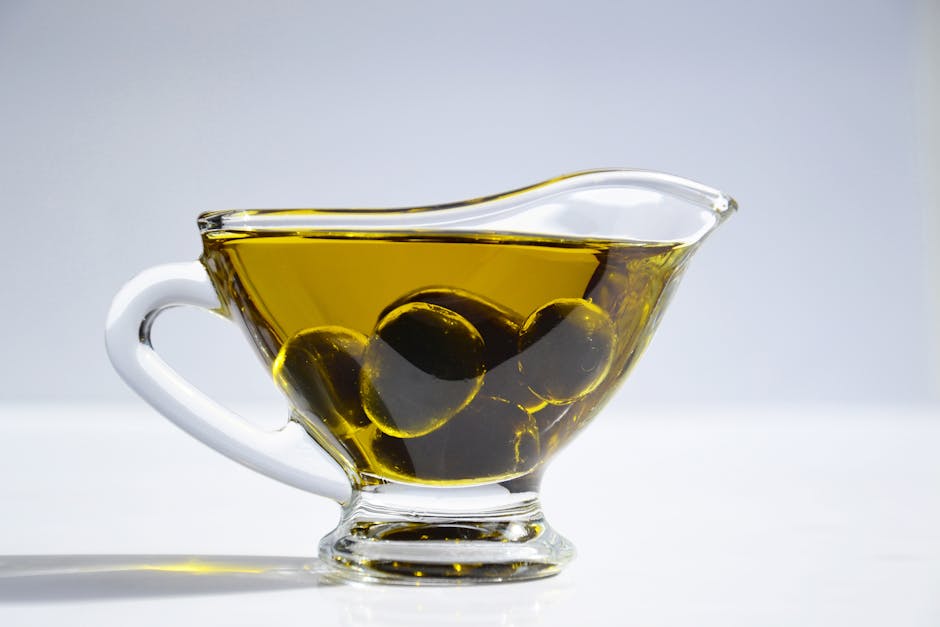Can I Compost Olive Oil?
Olive oil is generally not recommended for home composting due to its high fat content, which can attract pests and inhibit decomposition.


Sourced & Cited
Olive oil, while a natural product, presents some challenges in the home composting process. Its high fat content means it doesn't break down easily and can create unpleasant odors or attract unwanted pests to your compost bin. Let's explore how to best handle this in your compost.
Compost Classification
Green (Nitrogen-rich): Olive oil itself is not easily categorized as green or brown; however, used olive oil-soaked cloths or rags could be considered Green due to the moisture content. Fresh olive oil is a liquid fat and doesn't contribute nitrogen in a useful way to the compost pile.
🏷️ Tags
Important characteristics to know about this item:
Breaks Down Slowly Pest Attraction Risk Odor Risk
⚠️ Potential Risks
- Attracts pests, such as rodents and insects.
- Slows down the decomposition process of other materials.
- Can create unpleasant odors.
- May contaminate the finished compost, making it unsuitable for use on food crops.
💡 Best Practices
- Absorb small amounts of spilled olive oil with paper towels or absorbent materials and add these to the compost, ensuring they are well-buried and mixed with ample brown materials.
- Do not add large quantities of olive oil or oil-soaked materials to your compost.
- Use a hot composting method to accelerate decomposition and reduce odor.
- Monitor your compost pile closely for signs of pest infestations or foul odors.
